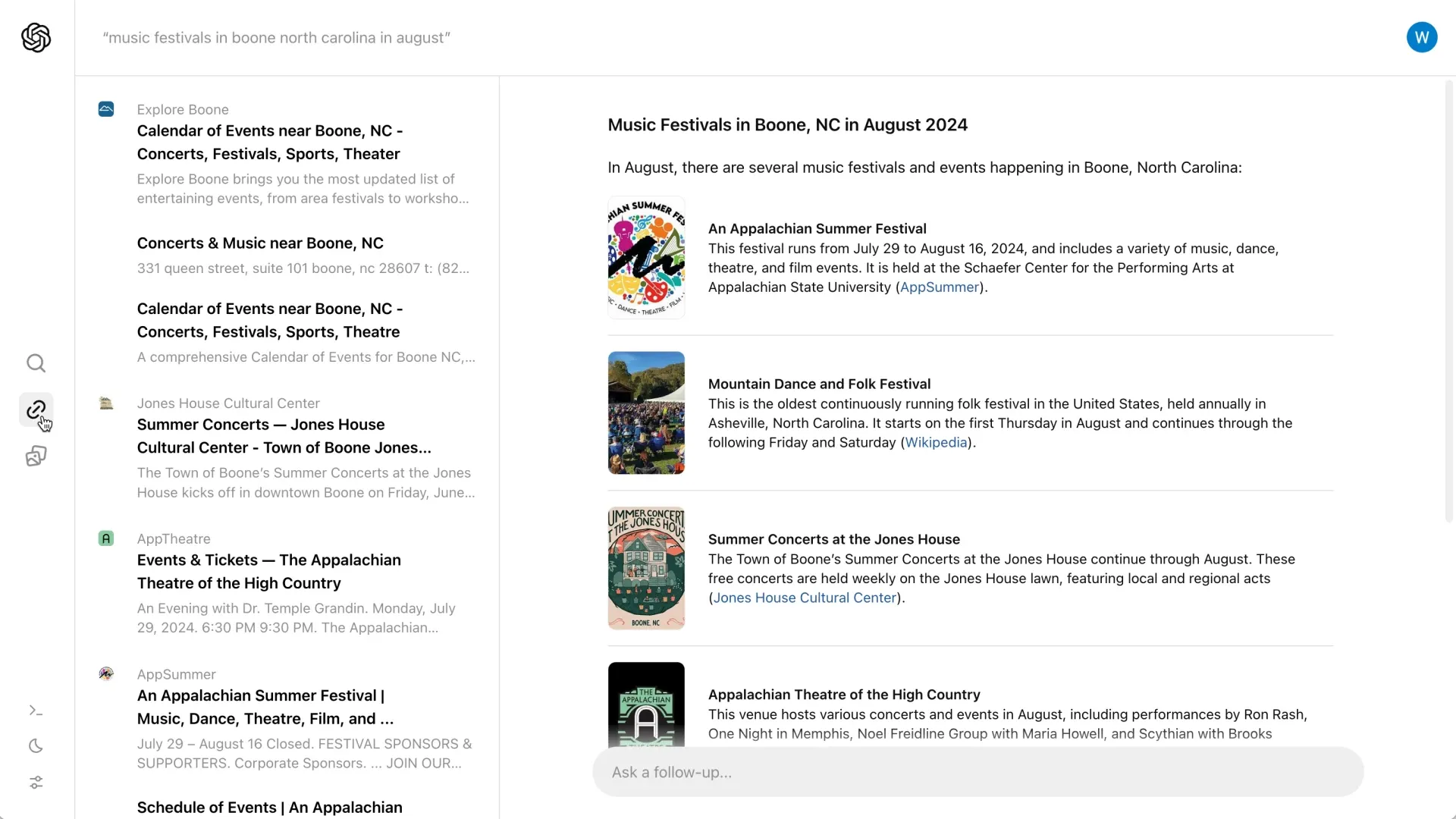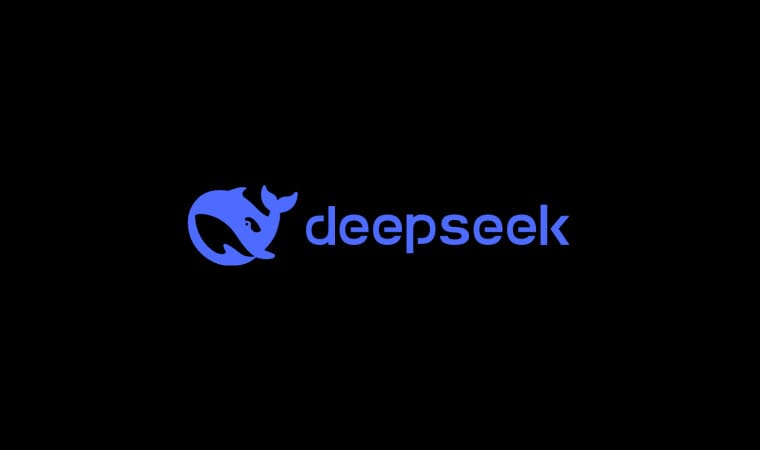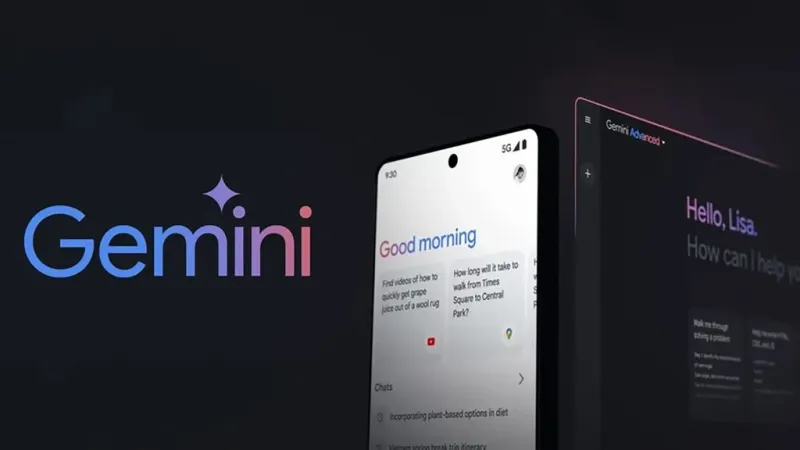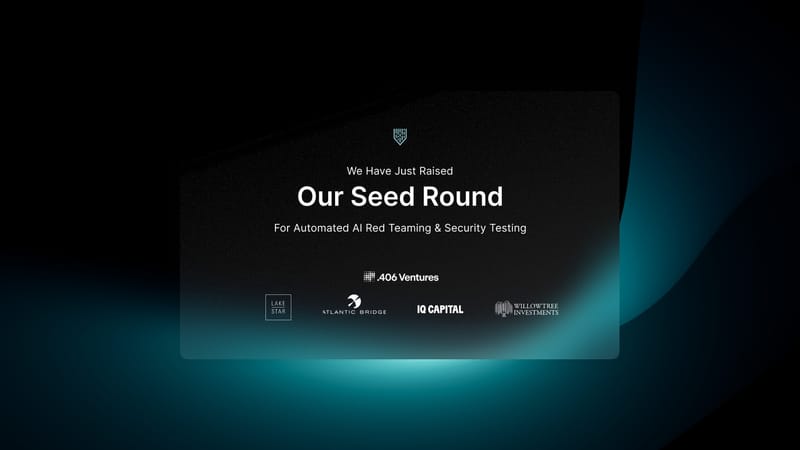OpenAI is not lagging behind in the generative AI-powered web search business
OpenAI has unveiled SearchGPT, a prototype AI-powered search enhancement tool that combines ChatGPT's conversational abilities with web search, aiming to provide comprehensive answers with source links while addressing publisher concerns and gathering user feedback for future improvements.

OpenAI is quickly catching up to Microsoft's recently announced plans to start testing a new AI-powered layout for a limited number of user queries by previewing SearchGPT, a prototype assisting users who want to enhance their web search experience with ChatGPT's conversational and summarization capabilities. OpenAI clearly stated that this is not an offering that will go into full production soon, although the best features will be directly integrated into ChatGPT. The main goal of the SearchGPT prototype is to have publishers and a subset of its users try out the features for feedback-gathering purposes. Those interested in testing SearchGPT can register in OpenAI's waitlist.
SearchGPT's interface bears a lot of resemblance to ChatGPT's. Users type their queries into a text field. Whether they are formatted as a question or as a search query (some examples are "when can I see nudibranchs in half moon bay this weekend?", and "music festivals in boone north carolina in august"), SearchGPT provides a fast and clear answer that combines OpenAI's models' capabilities with relevant information from the web. SearchGPT's replies to user queries contain clear clickable links to references to the source of the displayed information. Users can ask follow-up questions, and as the conversation progresses, the context continues to build, working as a source of increased accuracy and personalization.
Expectedly, OpenAI quickly addresses the issue that traditional search results are one of the main traffic drivers for publishers and creators. According to the company, one of its aims is to increase diversity to help users discover new sites and experiences, expanding the range of choices for users. With this in mind, OpenAI describes SearchGPT as unearthing high-quality information while giving users plenty of opportunities to engage with its sources. As with other generative AI search products, the claim that they are actively trying to allow users to engage is held entirely by the assumption that users will click on the sources, which is, as we all know, a rather shaky one.
An interesting point of difference is that OpenAI is reportedly looking into implementing ways for publishers to manage how they appear in SearchGPT. Furthermore, the company has made it clear that model training is completely independent of the SearchGPT service, meaning that creators and publishers can opt out of training without compromising their content appearing in SearchGPT replies. Finally, OpenAI has committed to gathering feedback that benefits its products but also enables creators and publishers to understand the best way to engage with AI search products and obtain insights on the performance of the content.




